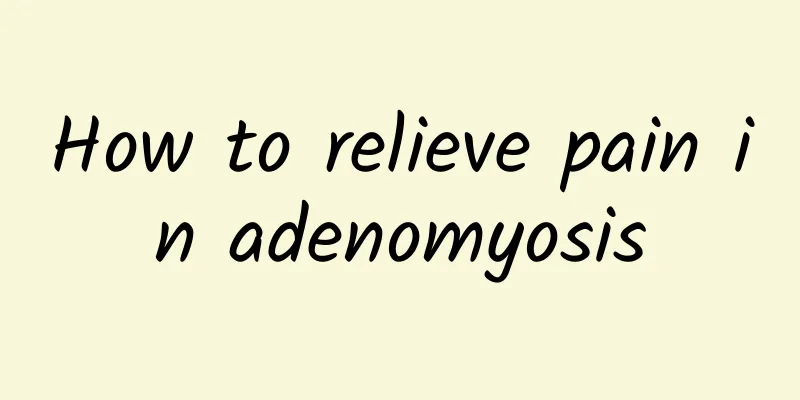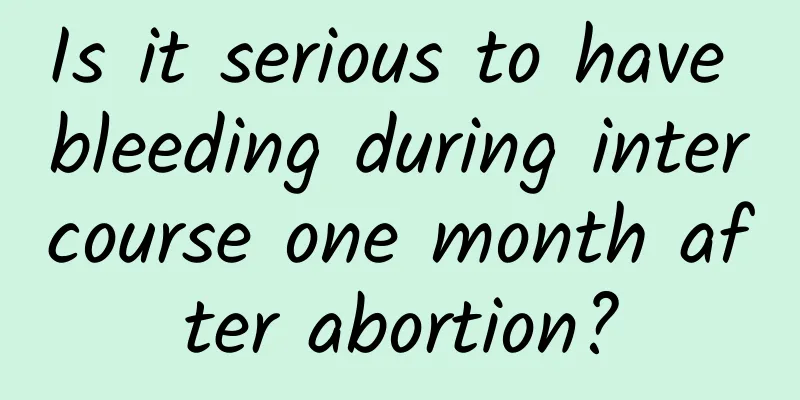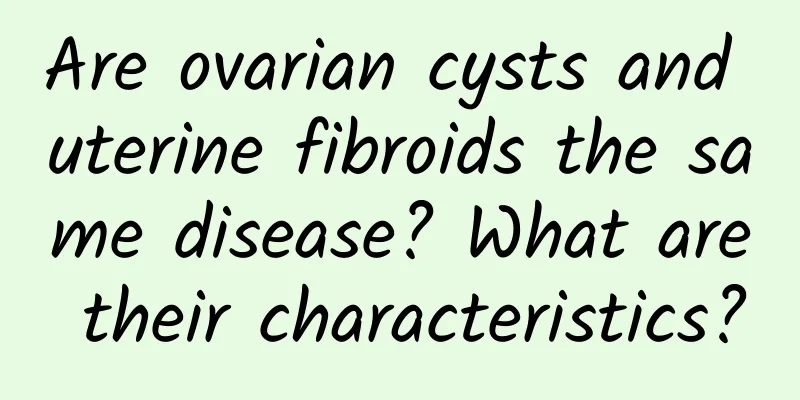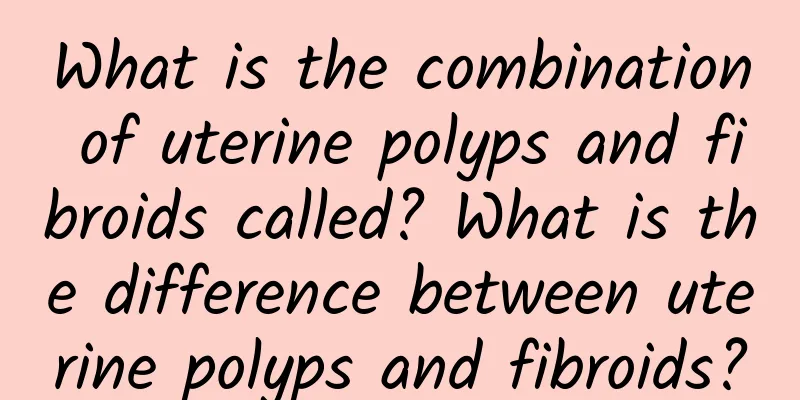What to do if endometritis causes irregular menstruation
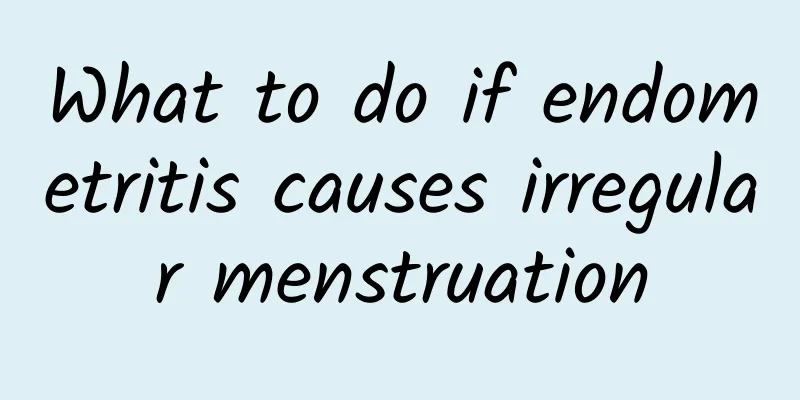
|
Endometritis may cause menstrual irregularities, so you need to seek medical attention in time and receive comprehensive treatment through medication, surgery, and lifestyle adjustments. Specific treatment options include anti-infection treatment, lesion removal, and endocrine regulation. 1 Causes of menstrual irregularities caused by endometritis Endometritis is an inflammation of the endometrium caused by infection. Common routes of infection include ascending infection, infection after miscarriage or delivery, and improper surgical operation. Inflammation may damage the normal function of the endometrium, interfere with hormone levels, and cause menstrual disorders. Mild cases may manifest as increased menstrual flow and prolonged menstrual cycles, while severe cases may cause irregular menstruation, excessive or insufficient menstruation, or even amenorrhea. 2 Treatment options for menstrual irregularities caused by endometritis 1. Anti-infection treatment Broad-spectrum antibiotics are the most commonly used treatment for inflammatory infections. Doctors may choose antibacterial drugs such as cephalosporins, quinolones, or metronidazole based on the patient's specific cause. Treatment should be based on a course of treatment to avoid relapses caused by self-discontinuation of medication. 2. Surgery to remove the lesion If endometritis is ineffective with drug treatment or recurs, such as with endometrial polyps or abscesses, surgical treatment may be considered. Common methods include hysteroscopic removal of diseased tissue, curettage or drainage, which can effectively remove local lesions. 3. Regulate endocrine and restore menstrual cycle For patients with irregular menstruation, they can take short-acting contraceptive pills under the guidance of a doctor to regulate hormone levels and help restore normal menstrual cycles. Using traditional Chinese medicine such as Xiaoyao Pills and Guizhi Fuling Pills to improve the intrauterine environment is also a common auxiliary method for some patients. 3Health management in line with lifestyle 1. Improve your diet, for example, eat more iron-rich foods such as lean meat, spinach, etc., to alleviate anemia caused by excessive menstruation. 2. Maintain menstrual hygiene, avoid cold and fatigue, and reduce the risk of infection. It is recommended to avoid multiple artificial abortions to reduce the risk of endometrial damage. Timely treatment of endometritis is crucial to the restoration of menstruation. It is recommended to seek medical attention as soon as possible, receive medication or surgical treatment under the guidance of a professional doctor, maintain a healthy lifestyle, and follow up regularly to ensure that the condition is well controlled. |
<<: What to eat to relieve pain for dysmenorrhea
>>: How long does it take to get pregnant with an incomplete hydatidiform mole?
Recommend
Which hospital is the most authoritative for cervical erosion?
Which hospital is the most authoritative for cerv...
Will an ovarian cyst go away on its own?
Will an ovarian cyst go away on its own? Ovarian ...
Specific causes of pelvic inflammatory disease in women
Pelvic inflammatory disease is a type of gynecolo...
Can you lose weight by drinking water at the right time? Try the "8 Cups of Water Weight Loss Method" to easily detoxify and burn fat, and lose 5 kg a month
The 8-glasses-of-water weight loss method propose...
What is the best treatment for Bartholinitis?
Bartholinitis is a common disease among women. In...
Do you know what are the symptoms of malignant ovarian cysts?
Ovarian cysts are generally benign, but the sympt...
Why does irregular menstruation occur?
Irregular menstruation is a common physiological ...
What medicine to take for dysmenorrhea? Try these 4 traditional Chinese medicines when you have dysmenorrhea
Dysmenorrhea is something that many women have ex...
Delayed menstruation and noticeable breast enlargement
Delayed menstruation and noticeable breast enlarg...
Daily diet care for ovarian cysts
Ovarian cysts are very harmful to women. Patients...
What should I do if there are blood clots during menstruation that cannot be discharged?
What should I do if there are blood clots during ...
Is it expensive to see a Chinese doctor for menopause?
Nowadays, many female friends are troubled by men...
What are the symptoms of bacterial vaginosis?
What are the symptoms of bacterial vaginitis? As ...
Developing good habits is the key to preventing vaginitis
In modern society, changes in social and living e...
Reduced menstrual volume, beware of premature ovarian failure. What should you eat if your menstrual volume decreases?
The ovaries are a great magic weapon for women. O...
